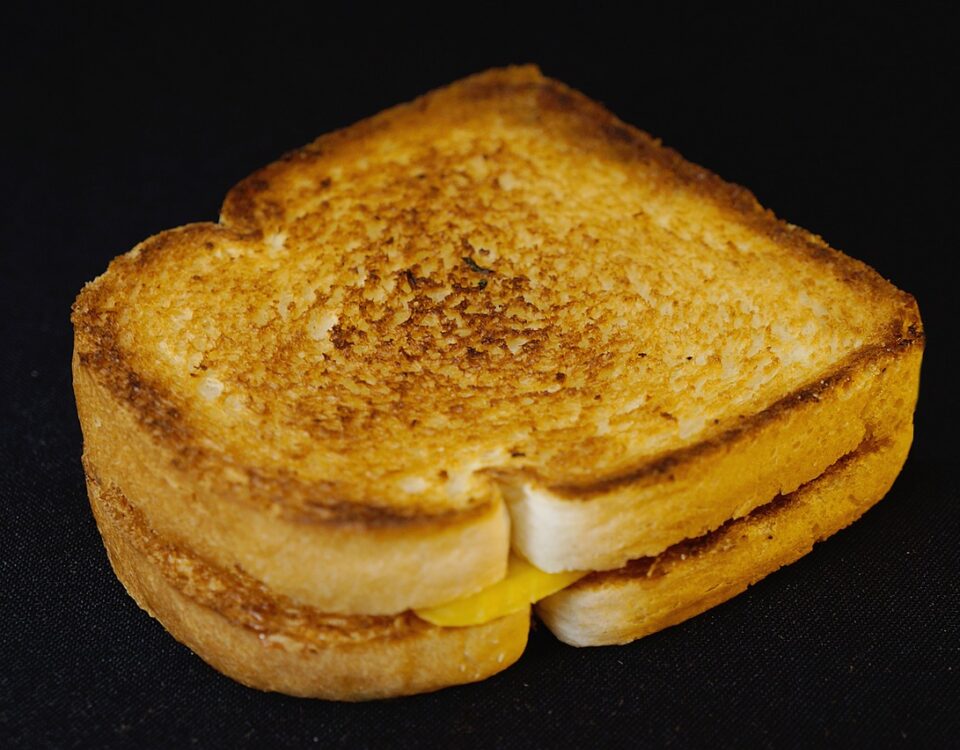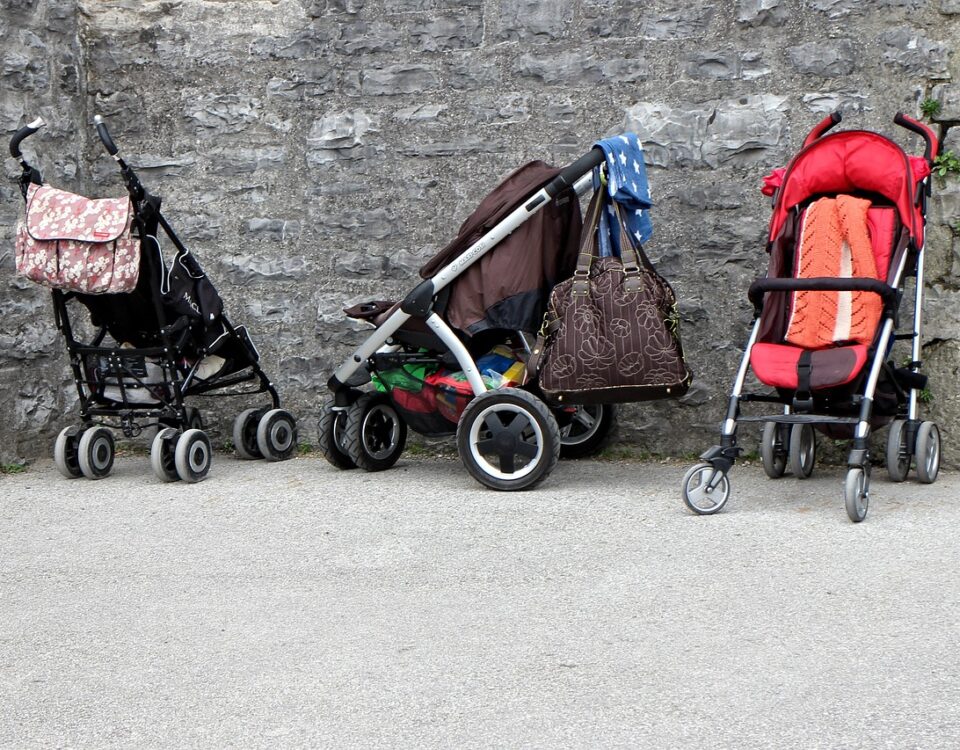
Our Weekly Economic News Roundup: From Champagne to Paper Towels
August 29, 2020
Why We Should Worry About Our Bananas
August 31, 2020For decades, economists have tried to explain how happiness and money are related.
Now, instead, researchers are looking at psychological richness.
The Economic Good Life
Asked if money brings happiness, economists have different answers.
The Easterlin paradox tells us that once basic needs are satisfied, more income brings no more happiness. Disagreeing, Justin Wolfers and Betsey Stevenson said, “…we find no support for this claim.” However, Wolfers and Stevenson take a baby step away from happiness by focusing on life “satisfaction.”
Meanwhile, Economist David Blanchflower looked at age. Asking how our happiness changes as we get older, he concluded that everyone is threatened by “peak misery” when they are 47 or 48 years old. Gender appears not to matter. Neither does affluence or the GDP. But it does depend on your country. In developed nations the nadir is at age 47.2 while it happens a year later in developing countries.
A Psychologist’s Good Life
In a new study, about defining “the good life,” two psychologists suggest that happiness needs alternatives.
Traditionally, researchers have said the choice is between a happy life and a meaningful life (hedonic or eudaimonic). By happy, they mean enjoyment, comfort, and stability with less pain and more everyday pleasure. Somewhat different, the meaningful life is purposeful. It is characterized by virtue and and fulfillment.
Now, a third possibility takes us to new and interesting experiences. Propelled by curiosity, extroversion, and openness, this kind of life is psychologically rich. It could be painful and not necessarily virtuous, But it does have adventure and the unexpected.
To see which type of life people preferred, researchers surveyed 3,728 individuals in nine countries. As you might expect, the majority of participants wanted happiness while most placed a meaningful life in second place. However, a substantial minority –16.8 percent of the German participants and 6.7 percent among those from Singapore–said they preferred a psychologically rich life over the happiness and meaningful alternatives.
Our Bottom Line: The Misery Ratio
I would suggest that whether you are an economist or a psychologist, the economy does matter because happiness ripples far beyond our emotional well being. Happier people tend to live longer and heal faster.
From there, we can go to the “misery ratio” that Dr. Blanchflower associates with his happiness curves. Through a “misery ratio,” he and his co-authors explain that a one percent increase in unemployment makes us feel far worse than the same bump in inflation.
In other words, unemployment diminishes our happiness and also, I am sure, the meaningfulness and psychological richness in our lives. As a result, policy makers would be wise to emphasize policies that cushion unemployment because it is so closely related to the three sides of the good life.
My sources and more: Thanks to the always interesting WSJ Mind & Matter column for alerting me to the new paper on the good life. Their definition of the good life returned me to econlife’s happiness posts, here and here, (the source of parts of today’s post). and to this Planet Money Indicator podcast.
Our featured image is from Pixabay.
![econlifelogotrademarkedwebsitelogo[1]](/wp-content/uploads/2024/05/econlifelogotrademarkedwebsitelogo1.png#100878)




